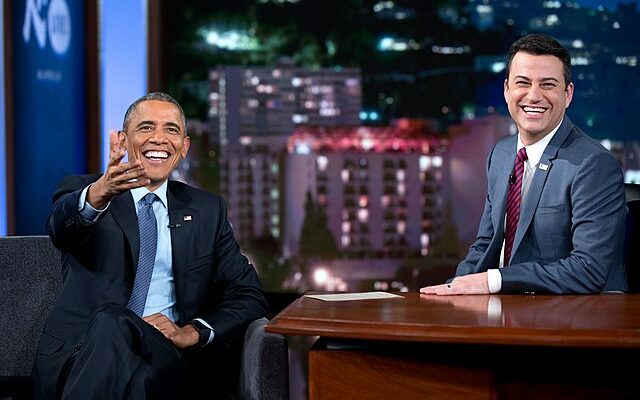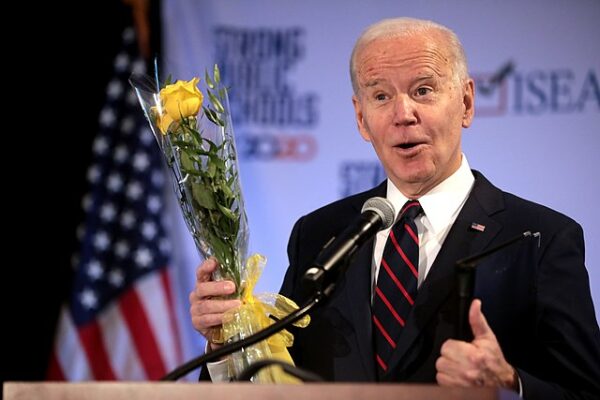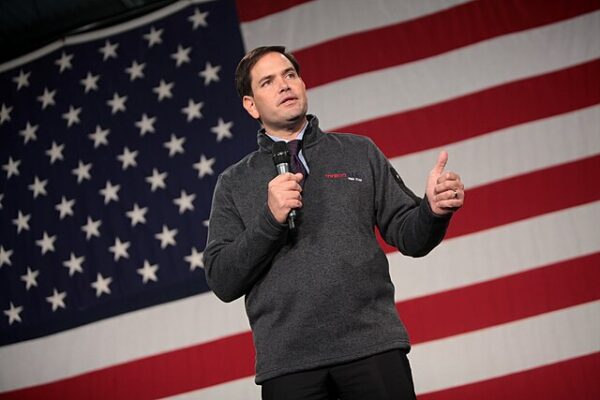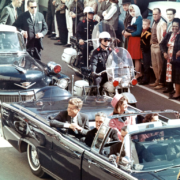
ABC has suspended Jimmy Kimmel Live indefinitely after the late-night host drew controversy for comments about the killing of conservative activist Charlie Kirk.
During his Monday monologue, Kimmel lied, trying to exculpate Democrats from the fact that their extreme rhetoric has led their base to violence, saying that conservatives were “desperately trying to characterize this kid who murdered Charlie Kirk as anything other than one of them and doing everything they can to score political points from it.” The remarks came as prosecutors allege that the accused gunman, Tyler Robinson, explicitly expressed left-wing political motives in text messages and other writings. Investigators have also cited markings on bullet casings and statements from Robinson’s mother as evidence of his ideology.
The full monologue, which has been routinely clipped by CNN and MSNBC when discussing it undermines liberal complaints, can be seen here:
Kimmel just got fired for this monologue
What’s baffling is that this must have been read by a ton of writers employed on the show. They just didn’t think he was saying anything wrong pic.twitter.com/WQGESpUgZ9
— critter (@BecomingCritter) September 17, 2025
The Federal Communications Commission reportedly raised concerns with ABC before the network’s decision. Rep. Alexandria Ocasio-Cortez, a frequent advocate of “deplatforming,” has not commented on Kimmel’s removal. She previously praised the 2023 ouster of Fox News host Tucker Carlson, saying in a video message, “Couldn’t have happened to a better guy,” and added, “Deplatforming works, and it is important, and there you go, good things can happen.”
Ocasio-Cortez has argued that Carlson’s broadcasts amounted to “very, very clearly incitement of violence” and questioned in 2022 why he was “allowed/paid to engage in clear, targeted, libelous harassment that endangers people & drives so many violent threats,” noted The Daily Caller.
This is how AOC reacted when Tucker Carlson left Fox,
"Deplatforming works and it is important. Good things can happen."
— Defiant L’s (@DefiantLs) September 18, 2025
Reaction to Kimmel’s suspension has been divided. MSNBC host Chris Hayes called it “the latest chapter in Donald Trump’s ongoing campaign to crack down on free speech, dominate the media, and essentially render the First Amendment meaningless.” After Carlson’s departure from Fox, Hayes said the former host “believed he could say anything, no matter how vile, no matter how disgusting, no matter how offensive, dehumanizing, or belittling.”
Supporters of deplatforming often argue that it works. After Twitter banned President Donald Trump in 2021, journalist Matthew Yglesias declared it had “completely worked with no visible downside.” Outlets like Rolling Stone and the Nieman Journalism Lab have echoed that claim, pointing to examples where removing controversial figures supposedly reduced harmful rhetoric. Yet the principle is rarely applied evenly. MSNBC’s Chris Hayes, for instance, cast Kimmel’s suspension as an attack on the First Amendment—just two years after cheering the removal of Tucker Carlson from Fox News as overdue accountability.
MSNBC’s Chris Hayes on Kimmel getting fired: This renders the First Amendment meaningless.
Chris Hayes on Tucker getting fired: He believed he could say anything no matter how disgusting and get away with it. Over time, that’s not going to work out well for you. pic.twitter.com/KOdROGvseE
— Western Lensman (@WesternLensman) September 18, 2025
Critics contend that such measures are applied selectively and risk fueling political backlash. Kimmel’s case comes amid broader debates over the role of late-night television as a platform for political commentary.
Johnny Carson once cautioned against using entertainment as a political stage: “Why do they think that just because you have a ‘Tonight Show’ that you must deal in serious issues? … Once you start that, you start to get that self-important feeling that what you say has great import.”
For his point, it’s become clear that Jimmy Kimmel doesn’t just think that his comments were distasteful; he thinks they were correct. On Wednesday night, Kimmel planned to double down on his remarks that the leftwing activist who assassinated Charlie Kirk was a “MAGA” member.
It wasn’t “taken out of context.” And he wasn’t going to apologize. We have an aggressively unsympathetic ‘victim’ here in Kimmel. But the overt government meddling in all of this remains very concerning. https://t.co/TjHYO2Ro0S
— Guy Benson (@guypbenson) September 18, 2025
It’s become clear to many on the right that the question is no longer about freedom of speech, but rather whether or not liberals are allowed to “cancel” conservative speech while calling critics of their own increasingly violent rhetoric is labeled, in the words of the assassin, as a “fascist.”
Democrats have admitted as much:
Democrats, the party of speech codes & censorship pic.twitter.com/HGXPtPuwup
— Tom Elliott (@tomselliott) September 18, 2025
The outrage over Kimmel’s suspension underscores a deeper problem: free speech cannot survive if one side treats cancellation as justice when applied to its opponents and censorship when applied to its allies. The killing of Charlie Kirk was the ultimate act of silencing speech. Pretending otherwise, or excusing rhetoric that fuels it, only deepens the perception that speech protections are applied not as a principle, but as a partisan weapon.











